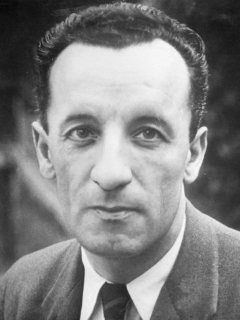Journal | Contributors | Profile
Harrison Hall
(1996)., The epistemological significance of Husserl's theory of intentionality, in B. Wachterhauser (ed.), Phenomenology and skepticism, Evanston, Ill., Northwestern University Press, pp. 52-62.
(1989)., Husserl's realism and idealism, in J. N. Mohanty & W. R. Mckenna (eds.), Husserl's phenomenology, Washington DC, University Press of America, pp. 429-443.
(1989)., Self-presentation, in E. F. Kaelin & C. Schrag (eds.), American phenomenology, Dordrecht, Kluwer, pp. 339-341.
(1988)., Naturalism, schemas, and the real philosophical issues in contemporary cognitive science, in H. Otto & J. Tuedio (eds.), Perspectives on mind, Dordrecht, Springer, pp. 239-248.
(1983)., Merleau-Ponty's philosophy of mind, in G. Flistad (ed.), Philosophy of Mind/Philosophie de l’esprit, Dordrecht, Springer, pp. 343-361.
with Dreyfus, H.L. (1982)., Introduction, in H. L. Dreyfus (ed.), Husserl, intentionality and cognitive science, Cambridge, Mass., MIT Press, pp. 1-27.
(1982). The philosophical significance of Husserl's theory of intentionality. Journal of the British Society for Phenomenology 13, pp. 79-84.
(1982)., Was Husserl a realist or an idealist?, in H. L. Dreyfus (ed.), Husserl, intentionality and cognitive science, Cambridge, Mass., MIT Press, pp. 169-190.
(1982)., Was Husserl a realist or an idealist?, in H. L. Dreyfus (ed.), Husserl, intentionality and cognitive science, Cambridge, Mass., MIT Press, pp. 169-190.
(1980). The other minds problem in early Heidegger. Human Studies 3 (1), pp. 247-254.
(1979). Intersubjective phenomenology and Husserl's cartesianism. Man and World 12 (1), pp. 13-20.
(1977). The continuity of Merleau-Ponty's philosophy of perception. Man and World 10 (4), pp. 435-447.
(1970). Idealism and solipsism in Husserl's Cartesian meditations. Journal of the British Society for Phenomenology 1 (1), pp. 53-55.



